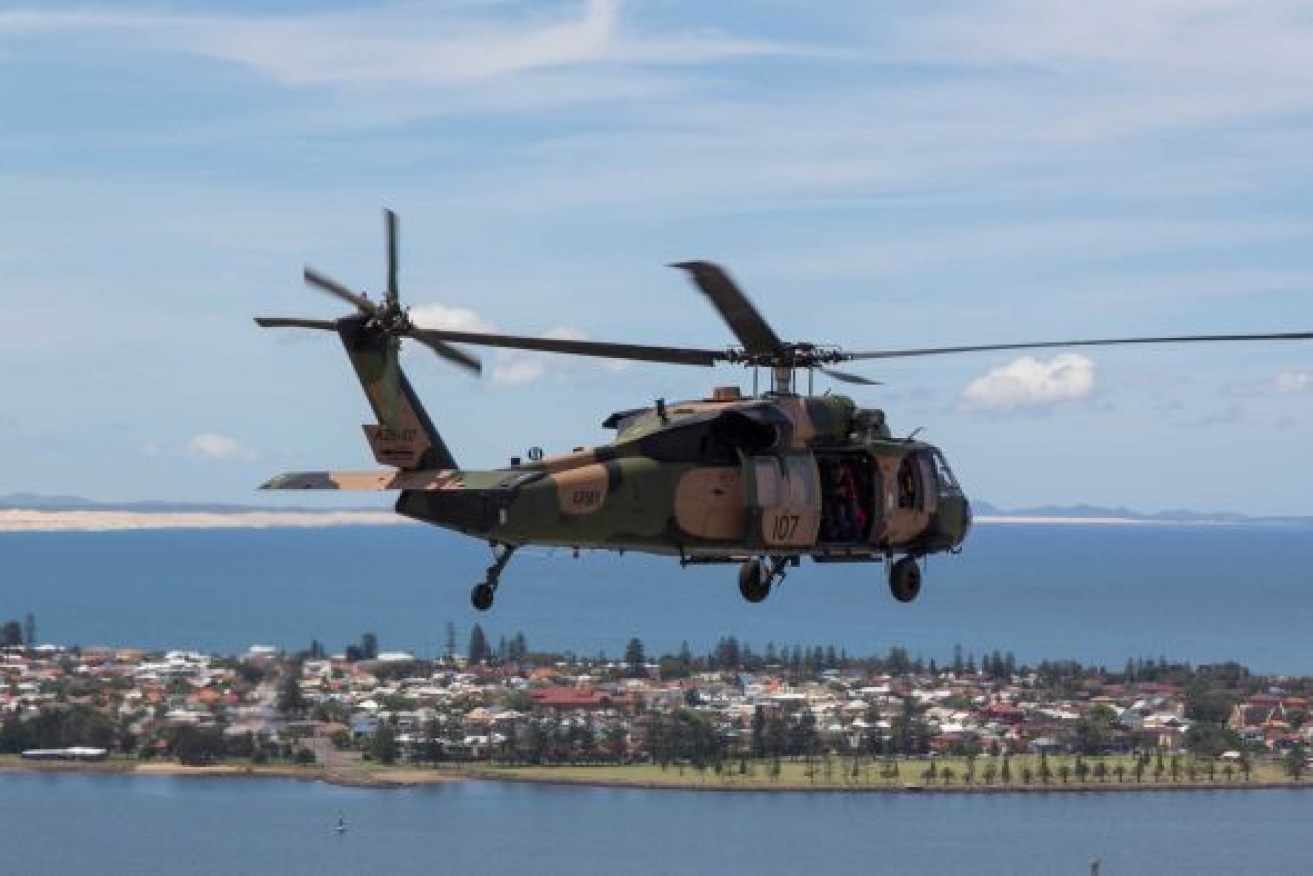Military needed to airlift doctors in, patients out of remote towns
The Government must mobilise the military to transport medical staff and patients around Australia as flight route cancellations and border closures create new challenges for already-stretched remote health services, rural doctors say.

Rural doctors think military flights could be needed to transport both medical workers and patients. Photo: ABC
John Hall, president of the Rural Doctors Association of Australia (RDAA), said country areas already relied heavily on fly-in, fly-out healthcare workers and he was “gravely concerned” about the impact of travel restrictions and cuts to commercial regional flights.
“We know that there are exemptions [from travel restrictions] for healthcare workers who are travelling, but we’ve seen Qantas and Rex cutting back on flights, so there will be a need for charter or military flights when the surge of COVID-19 cases hits,” Hall told the ABC.
He said extra flights would be needed to ferry in reserve medical workers and to transport out patients who will need care elsewhere.
“One of our major concerns is currently rural Australians who become critically unwell rely on retrieval services like the Royal Flying Doctor Service, fixed-wing aircraft and helicopters to bring them into city ICUs [intensive care units] and regional ICUs,” he said.
“In the context of COVID-19, we know that regional hospitals are going to be overwhelmed and that there will not be enough planes or helicopters to retrieve all of the people that are waiting in rural Australia who become seriously unwell.
“So we are calling on the Government to enable military assets to be deployed so that they could be part of that retrieval solution.”
With no ICU facilities in the state’s interior, available aircraft would be the only link to critical care at city hospitals for patients severely ill with COVID-19, according to Longreach GP and Rural Doctors Association of Queensland president Clare Walker.
“Those of us who work in rural areas know that RFDS retrieval can be hard to come by during peak periods like tourist season, let alone what we might experience in the next few months,” she said.
“There is a very real concern that we could encounter some sort of hiccup and not have the aircraft available when we need them.”
The RDAA says back-up health teams will also need to be deployed.
“There are some towns that still only have one doctor and you can imagine if that doctor becomes unwell themselves and they have to isolate then you’ve got a town without a doctor,” Hall said.
Larger regional centres with intensive care facilities will also need extra help, including replacement workers if staff contract the virus or need to be quarantined.
Dr Michael Kidd, the principal medical adviser to the federal Department of Health, said he would meet with rural doctors’ organisations today to discuss their concerns.
“There is wonderful work that’s taking place right across the country with groups of doctors coming together, knowing, perhaps, that in this town there’s a vulnerable doctor that needs to be doing telehealth, [they are discussing] how can the doctors in nearby towns assist the patients of that doctors,” Kidd said.
“I am heartened to see how my colleagues are coming together at this time of crisis.”
Hamish Meldrum, a co-founder of Ochre Medical Services that provides locum medical staff to rural Australia, said remote areas were particularly threatened by the virus.
“They have disadvantaged populations that, you know, if COVID-19 got into those populations it may travel through those populations faster,” Meldrum said.
“They have populations with more health needs and more co-morbidities. So it is likely that their populations might suffer disproportionately worse than healthier populations.
“And I think they have the right to be quite concerned.”
– ABC / national rural and regional correspondent Dominique Schwartz and the Specialist Reporting Team’s Penny Timms and Mary Lloyd












